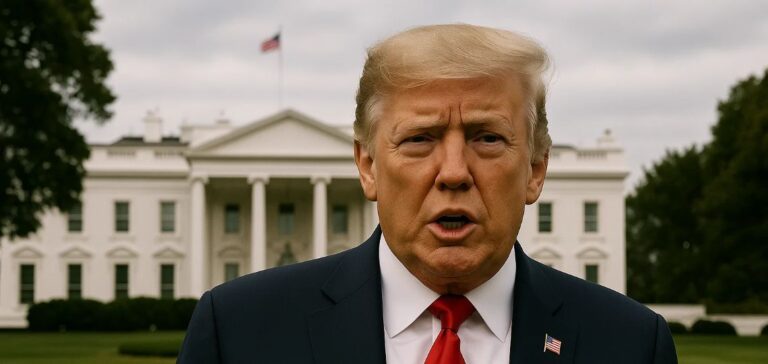Mark Carney, former Governor of the Bank of Canada, is set to become Prime Minister after the elections scheduled for Monday. Upon taking office, he will face the challenge of managing a fragile trade relationship with the United States, Canada’s primary economic partner. Tensions fuelled by the tariff policies of American President Donald Trump have redefined economic priorities in Ottawa, according to international trade experts.
Economic relations under pressure
Throughout the election campaign, Mark Carney expressed his intention to reduce Canada’s dependence on the United States by strengthening ties with Europe. However, experts believe this diversification will not quickly replace the strategic importance of the American market. Former Deputy Minister of Trade, Steve Verheul, reminded during a conference in Toronto that “Canada has a timing problem” in countering the immediate effects of protectionist policies.
Last year, 76% of Canadian exports were destined for the United States, representing several million jobs, according to official data. Steve Verheul pointed out that Donald Trump’s strategy to encourage industrial repatriation through tariffs would be difficult to implement in the short term, which could provide an opportunity window for Ottawa.
Discussions awaiting clarification
Donald Trump and Mark Carney have confirmed their intention to restart trade talks after the federal elections. Since the imposition of new tariffs, Canadian authorities have multiplied their contacts with Washington without achieving tangible results. The steel, aluminium and automotive sectors remain heavily impacted, complicating economic recovery in several Canadian provinces.
According to Gitane de Silva, former Canadian diplomat, identifying influential interlocutors within the American administration remains uncertain. She noted that during Donald Trump’s first term, informal contacts were sometimes more effective than traditional diplomatic channels, a situation likely to recur under the current political context.
Mobilisation of Canadian provinces
Doug Ford, Premier of Ontario, has multiplied interventions to defend his province’s economic interests, particularly regarding the automotive and steel sectors. He declared having established links with numerous American governors, senators and members of Congress to advocate for reinforced cooperation.
Doug Ford, however, emphasised the complexity of discussions, citing a climate of uncertainty and unpredictable statements from President Trump. Recently, Trump sparked indignation in Canada by suggesting the country could become the 51st American state, a proposal firmly rejected by Canadian political leaders.






















